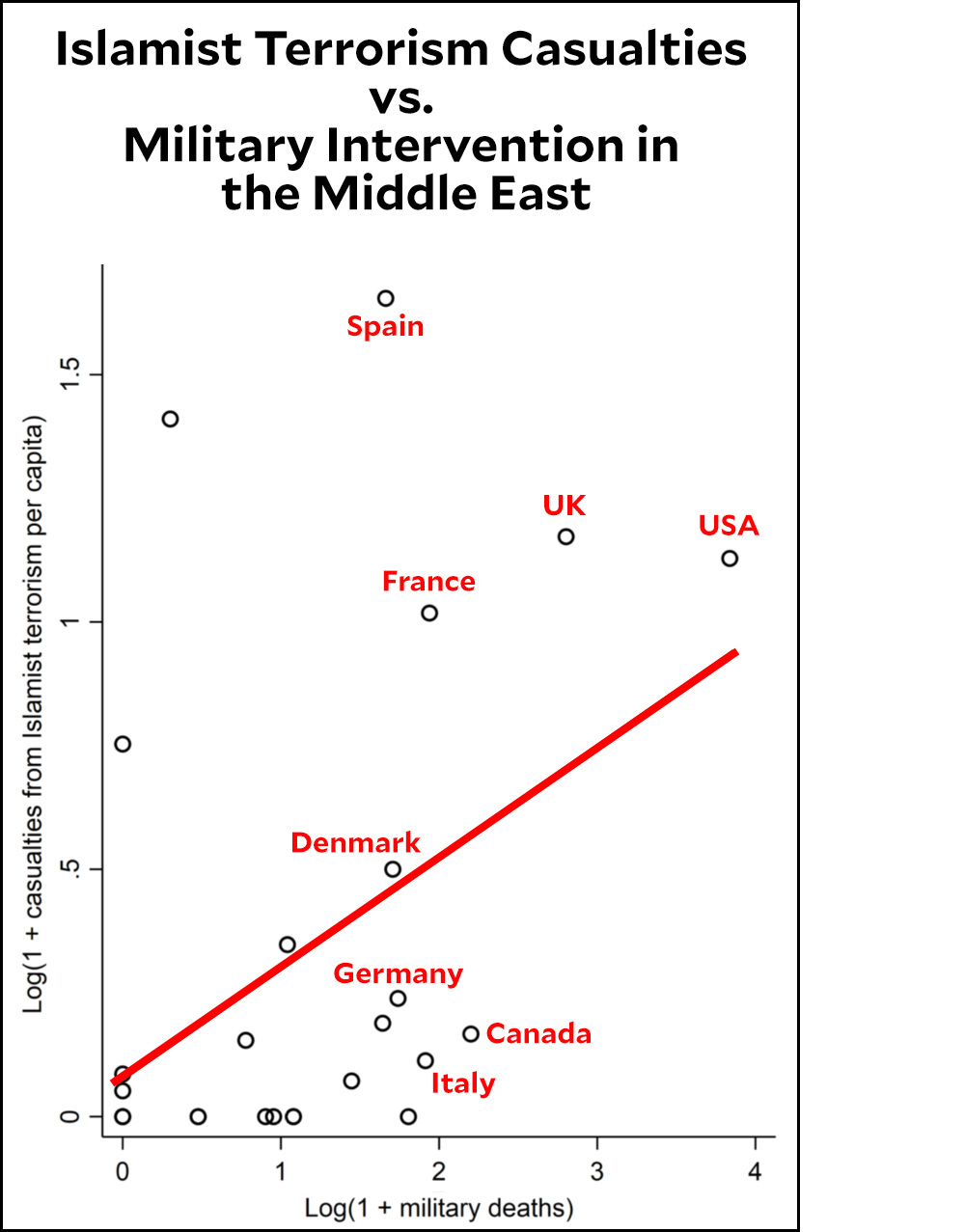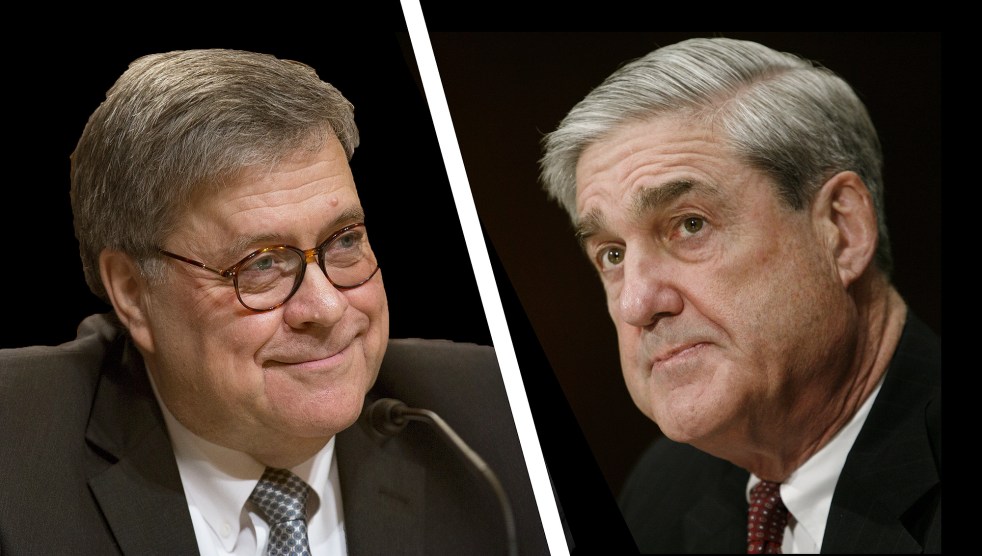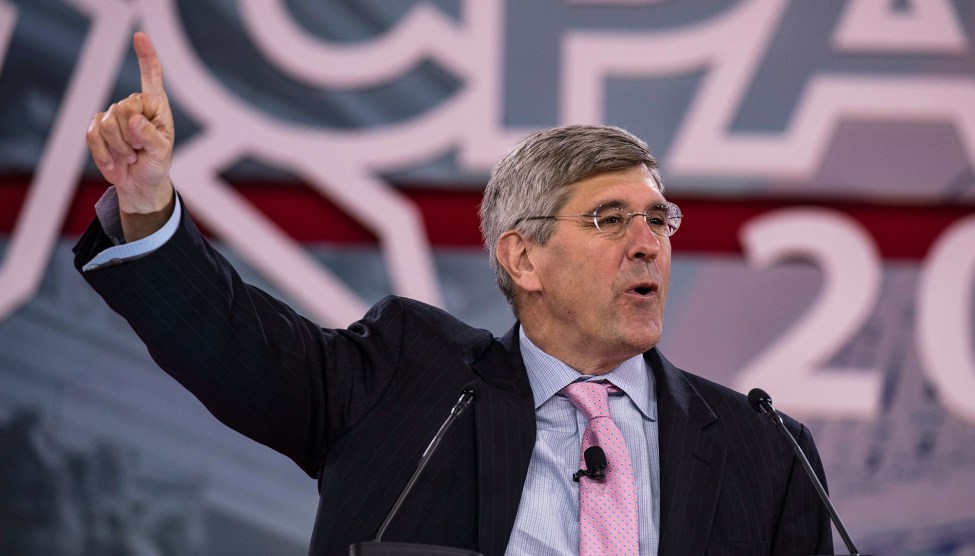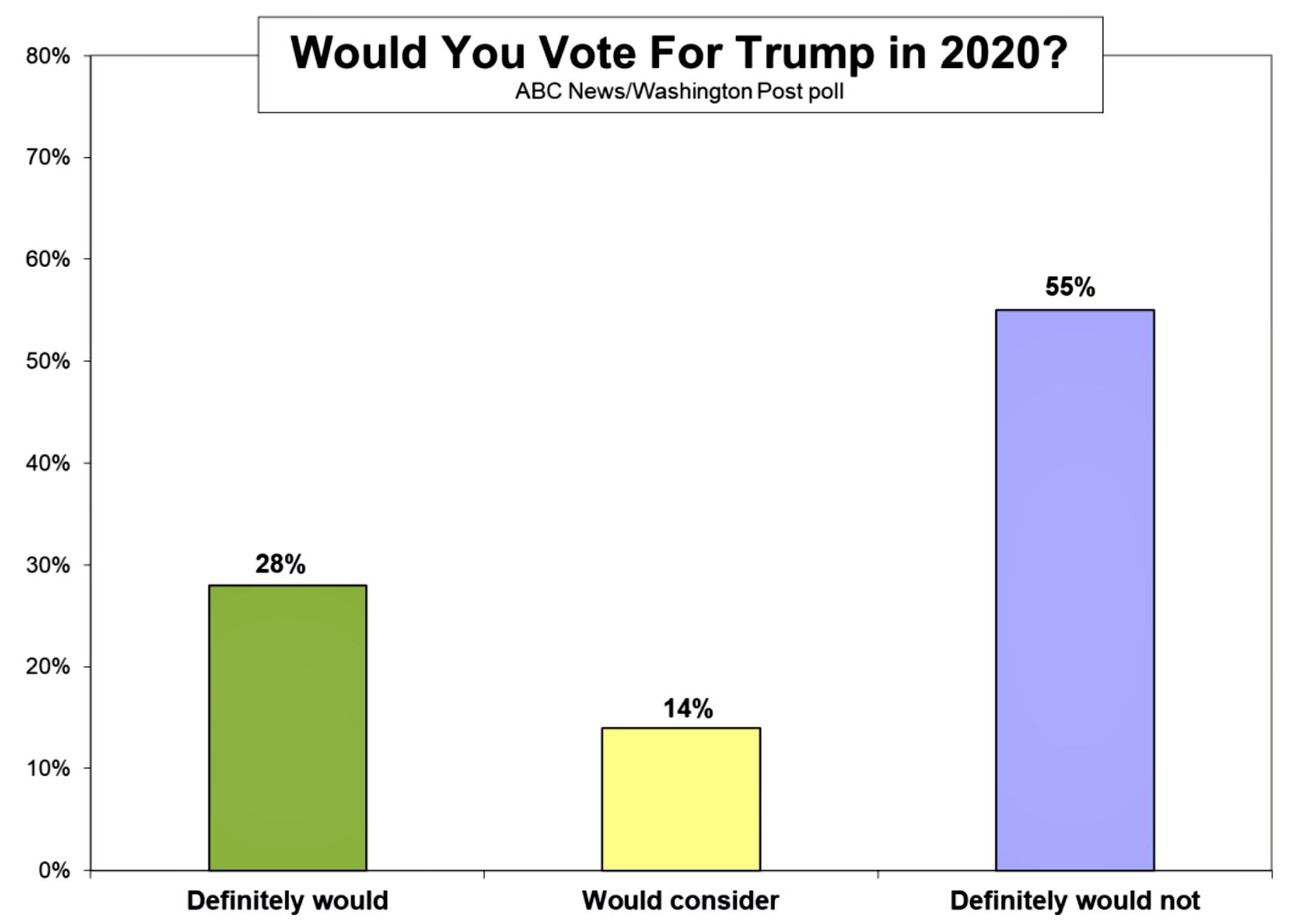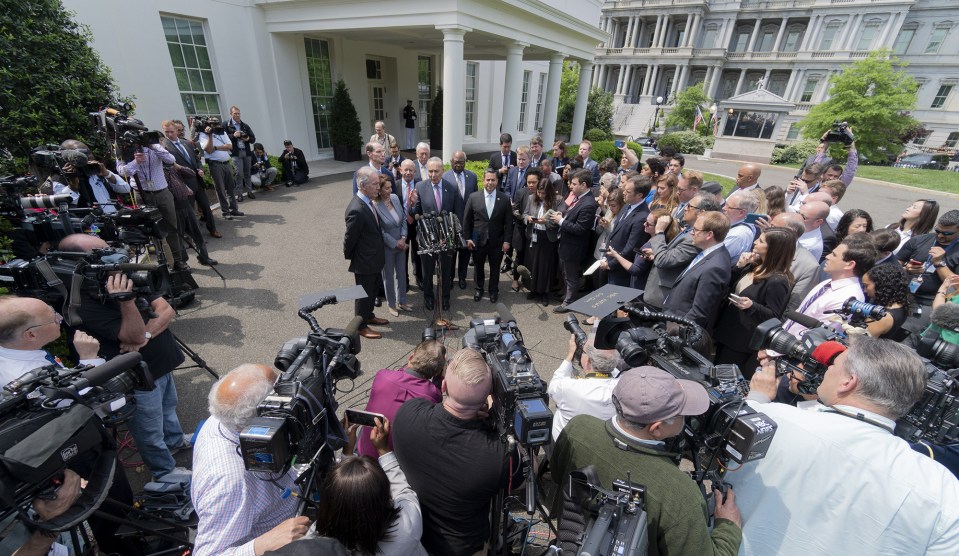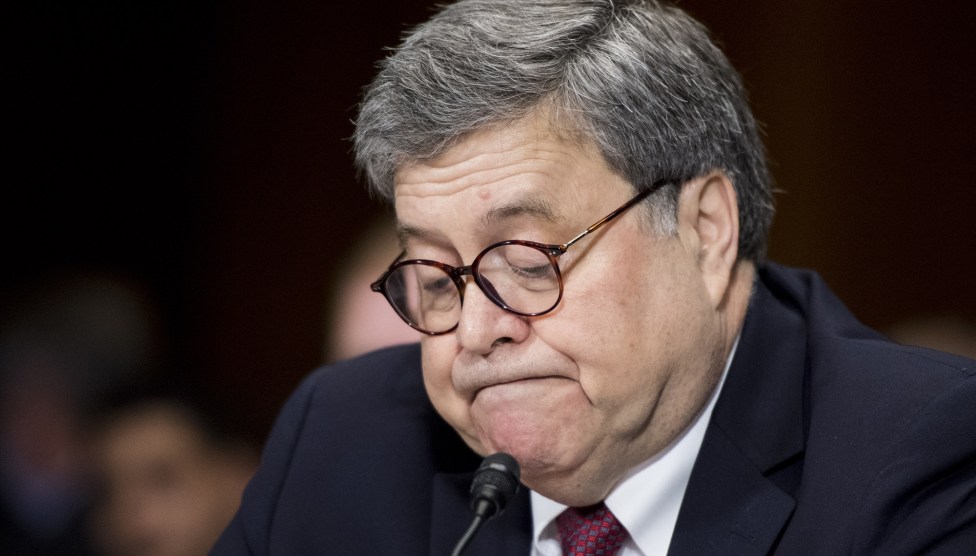
Bill Clark/Congressional Quarterly/Newscom via ZUMA
Robert Mueller’s letter to Attorney General William Barr complaining about Barr’s “summary” of the Mueller report has now been released. It doesn’t explain what Mueller’s concerns are, but it does provide something of a timeline:
March 5: Mueller meets with Barr and tells him that the introduction and executive summaries of his report “accurately summarize this Office’s work and conclusions.”
March 24, early afternoon: Mueller reiterates his position that the introduction and executive summaries of his report are accurate
March 24, late afternoon: Barr releases his own summary of the Mueller report.
March 25, morning: Mueller tells Barr his summary “did not fully capture the context, nature, and substance of this office’s work and conclusions.”
March 25, afternoon: Mueller sends redacted versions of the introduction and executive summaries to Barr and asks that they be released.
March 27: Mueller sends a memo to Barr saying once again that he would like the introduction and executive summaries to be publicly released. The redaction process for the full report “need not delay” this, he says, and “release at this time would alleviate the misunderstandings that have arisen.”
In other words, Mueller immediately objected to Barr’s summary, saying that it had created “misunderstandings,” and repeatedly asked that the report’s introduction and executive summaries be released to the public right away. Barr declined to do this.¹
As an aside, Barr is testifying before the Republican-controlled Senate right now, but is still declining to testify before the Democrat-controlled House. Why? Because the House plans to have its committee counsel question Barr. The thing is, Barr knows that he can easily dodge any question he finds inconvenient if he’s being questioned by politicians in five-minute chunks. But half an hour of questioning from a trained professional? That’s a little harder.
¹Needless to say, Barr had created these “misunderstandings” quite deliberately, and he had no desire to clear them up. Mueller never seemed to get this.
